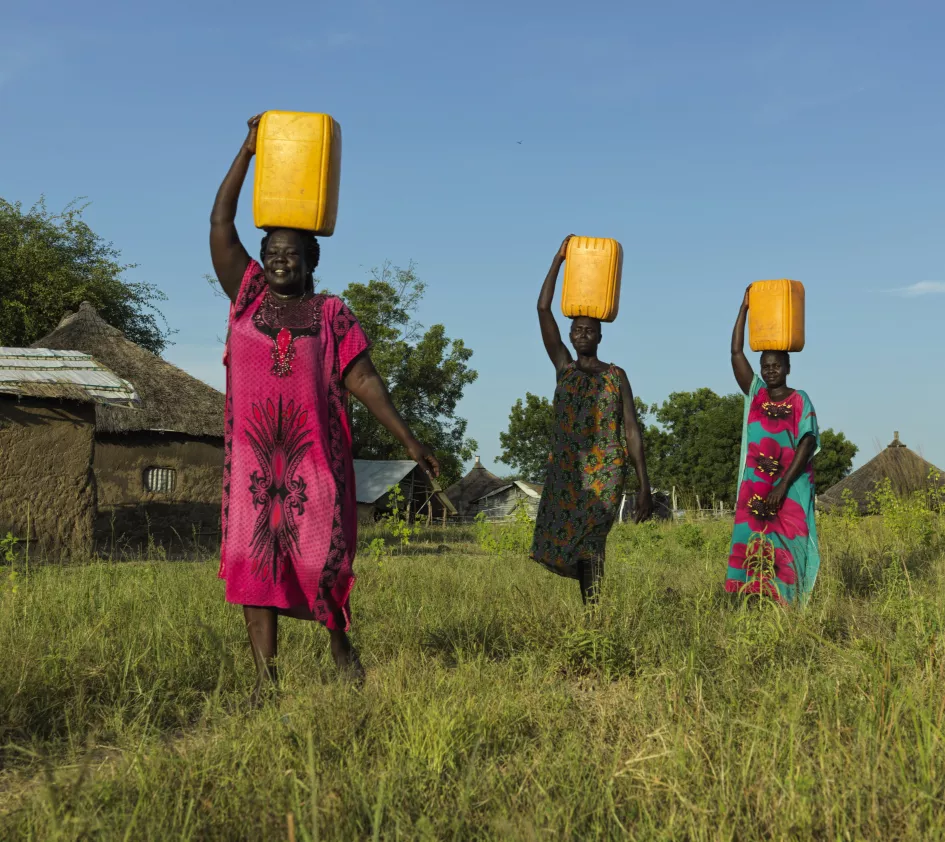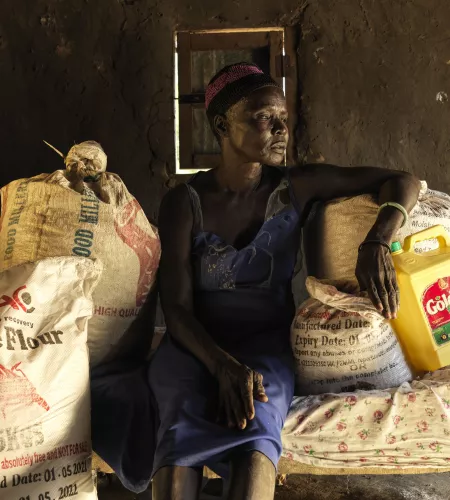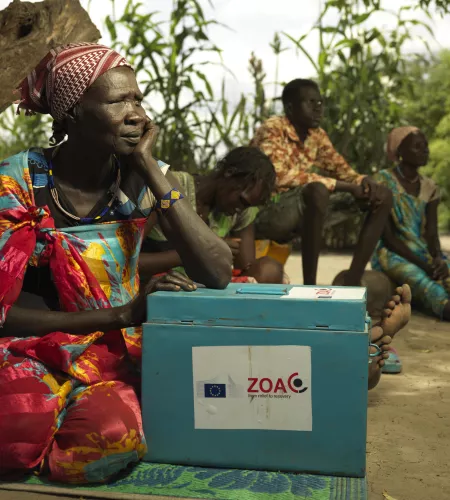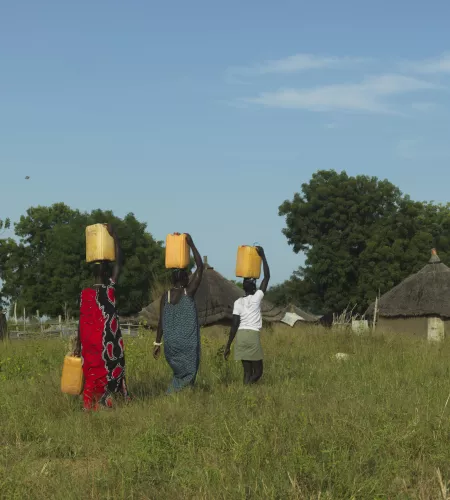Many barriers to overcome
“The message on women’s rights is beginning to sink in the minds of people here,” Ms. Rial says. “Due to the awareness raised through the Defend Her Rights project, our communities are now beginning to appreciate that women and girls have a right to take up leadership positions and make a contribution to the transformation of their communities.”
Ms. Rial acknowledges that there are many barriers to overcome as a woman in a leadership position. “When I first joined this male dominated bench court, some members undermined me for being a woman,” she says. “Sometimes, before the court sessions, I would even have to look for a place to sit, whereas the seats for my male counterparts were prepared!”





